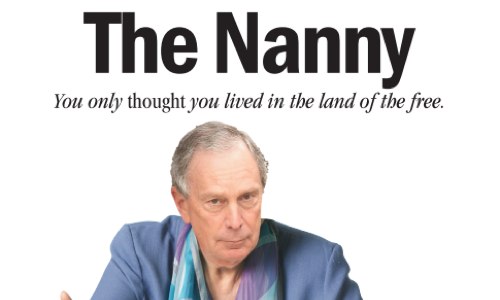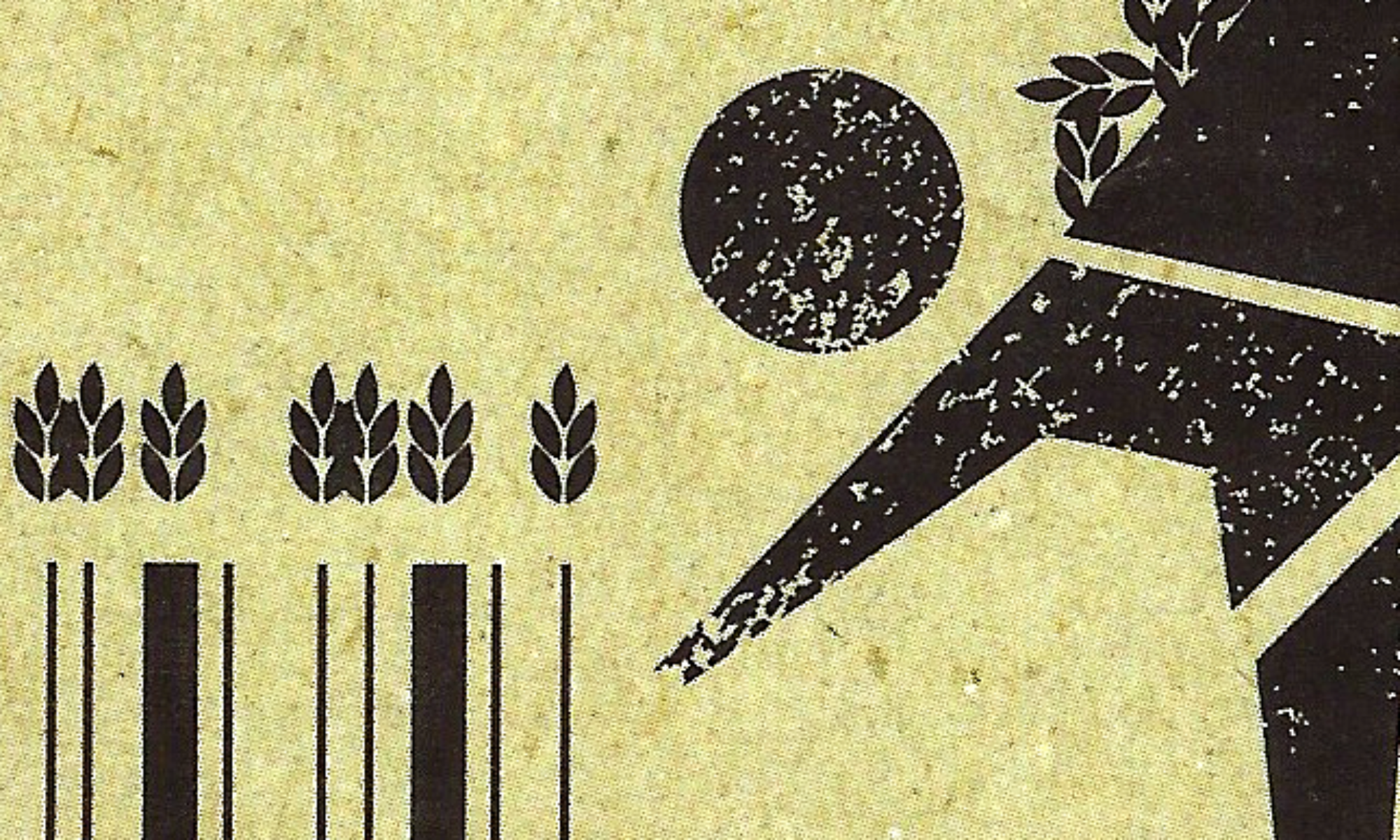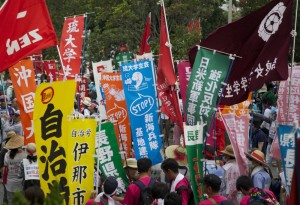The good folk at Canada’s Globe & Mail asked me to write a piece called “What I Did This Summer.” Never having written one before, I thought I’d channel my inner 12 year old.
Announcing “Generation Food”
It has been months in the making, but I’m really pleased to be able to announce my next big project – Generation Food.
Everyone knows we live with a broken food system, but often it is easier to focus on the bad news rather than the good. In fact, we are surrounded by communities that already know how to feed the world for our generation, and for generations to come. From Malawi to Michigan, people and organizations are building better ways to eat today so that all of us can eat well tomorrow. This knowledge demands to be shared and spread.
Changing the food system couldn’t be more urgent. All signs point to that conclusion, whether you consider the droughts, floods and fires caused by climate change, the rise in global food prices, or that the health effects of our current food system is predicted to shorten children’s lives. Better, SMARTER ways of growing food, and feeding the world are needed, now.
That’s why we’re developing a new documentary, book and multimedia project, called Generation Food.
We want to show how ordinary women and men around the worldare overcoming obstacles and “setting the table” for themselves, their communities, and generations to come. Generation Food is our way of sharing the resilience and wisdom of these communities with you, and yours with them online, on screen, on paper and in person. Continue reading “Announcing “Generation Food””
At Rio+20, the Green Economy Won’t Save the Planet. But Green Democracy Will.
Here’s something I wrote with the splendid Martin Crook of the Commonwealth Advisory Bureau. The synopsis is below. Click here for the full report.
Continue reading “At Rio+20, the Green Economy Won’t Save the Planet. But Green Democracy Will.”
On Bloomberg and Liberty

Readers outside the United States may not have heard of New York City Mayor Michael Bloomberg’s limit on soda size. He wants there to be a maximum portion size for the consumption of soft drinks. The limit? A very generous 16 oz (or 473 ml, if you prefer). Soft drink portion sizes have grown considerably: in 1955, McDonald’s offered a 7oz cup – now it’s 32oz. Capping the size of drinks sold at restaurants goes a small way to reversing that trend. Of course, if you’d like to consume more, you’re still free to. The only impediment is the indignity of ordering twice.
Treaty Like It’s 1999
Although it seems they fell out of fashion after the 1999 WTO protests, trade agreements are still being drafted. Every few months, urged by chambers of commerce and under cover of darkness, legislators ink up new pacts to make it easier for goods to flow and workers to be shed.
Last year, the US Korea Free Trade Agreement was passed. This year, making the Korea deal look piddly, the Trans Pacific Partnership is expanding. The TPP began in 2006 as a hardcore trade agreement between the most trade-dependent countries around the Pacific: Chile, New Zealand and Singapore. Brunei joined the negotiations near their conclusion, rounding out the ‘Pacific 4’. Their zeal to reduce tariffs, harmonise standards, and prevent subsidies goes far beyond the ambitions of the World Trade Organization. And now six other countries want in: the US, Australia, Japan, Malaysia, Peru, and Vietnam.
In part, the reason that news about trade agreements doesn’t hit front pages is because, er, it’s news about trade agreements. Not the stuff of which editors’ dreams are made. But just because the agreements don’t make the front pages, doesn’t mean that people haven’t heard the news. There have been protests against the TPP across the Asia-Pacific region. And at the protests, people are connecting the dots. Like here in Okinawa, Japan.
Should the Food Industry Be Abolished?
Here’s a thinkpiece that appeared on Feb 6 with tendentious title and sensible editing provided by the good folk at The Atlantic.
One Nation, Underfed
This morning on DemocracyNow!, I got to talk a little about Newt Gingrich’s poisonous comments on Obama being the food stamp president. First, the facts. Under George Bush, the number of people on the Supplemental Nutrition Assistance Program (what food stamps are more properly called in the US) rose by 14.7 million. Under Obama, the number rose by 14.2 million. It’s true, however, that much more money is being spent by Obama. As part of the stimulus bill, entitlements rose to a whopping average of $134.
The entitlements help, to some extent, to dampen in the impact of poverty. And in the teeth of the recession, it’s hard to argue against strengthening the safety net when so many Americans were falling into it.
On Feeding 10 Billion
Ghana Has Something To Say To Us
It’s Martin Luther King day in the US today, and I managed to catch King’s “Birth of A New Nation” speech on KPFA’s Africa Today show this evening. The full speech is here but if you’ve a few minutes, it’s always heartstopping to hear Dr King preach.
Nanny State vs Daddy Market
(A shorter version of this piece appeared on Marketplace today)
Bigger isn’t always better. By 2030, half of Americans won’t just be overweight, but obese. By then, nearly a fifth of our healthcare dollars will be spent treating the diseases that come with being bigger. Our lifestyles, rich in fat, sugar and inactivity, are creating a debt that’ll become the planet’s most expensive public health issue.

